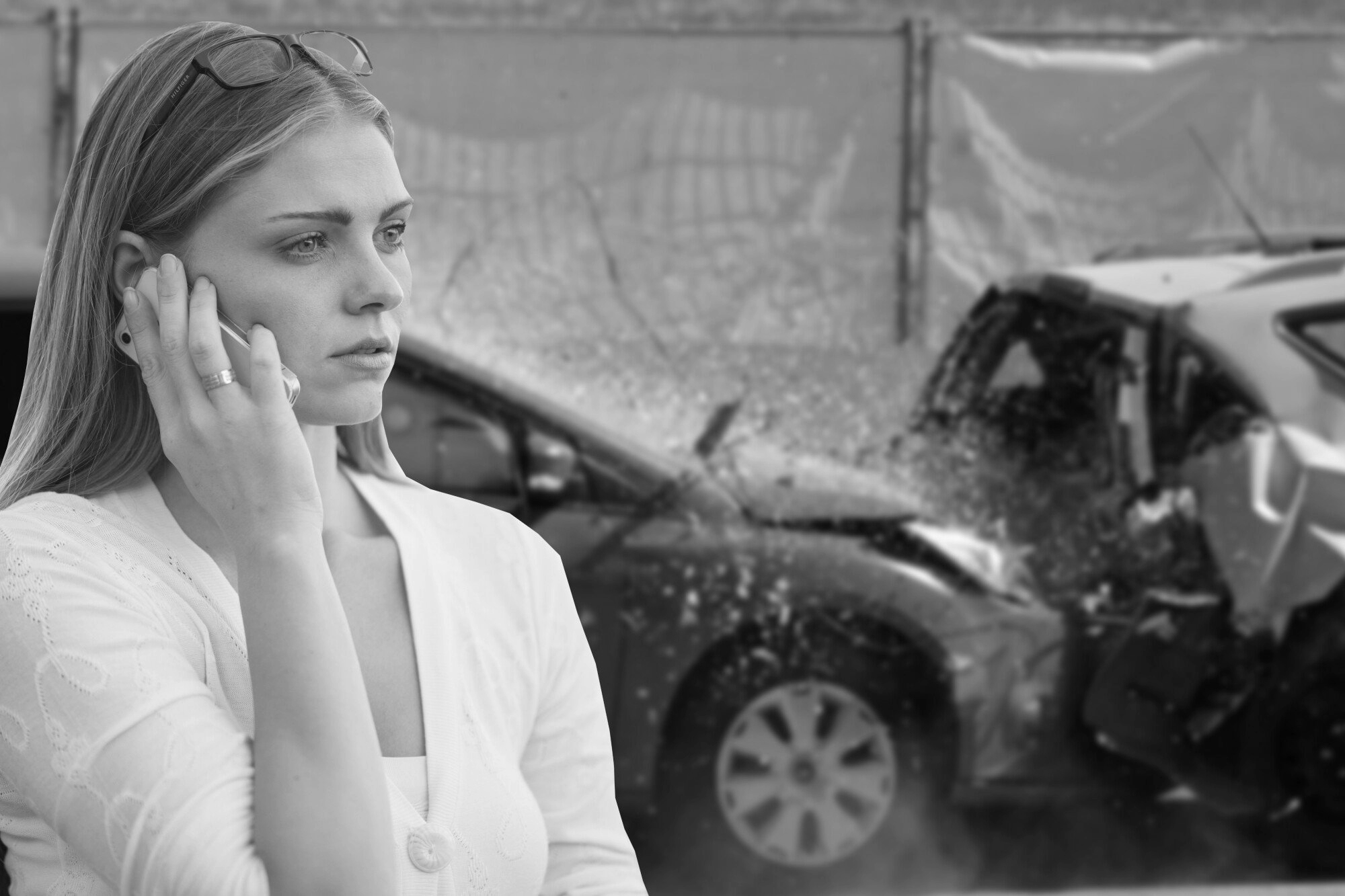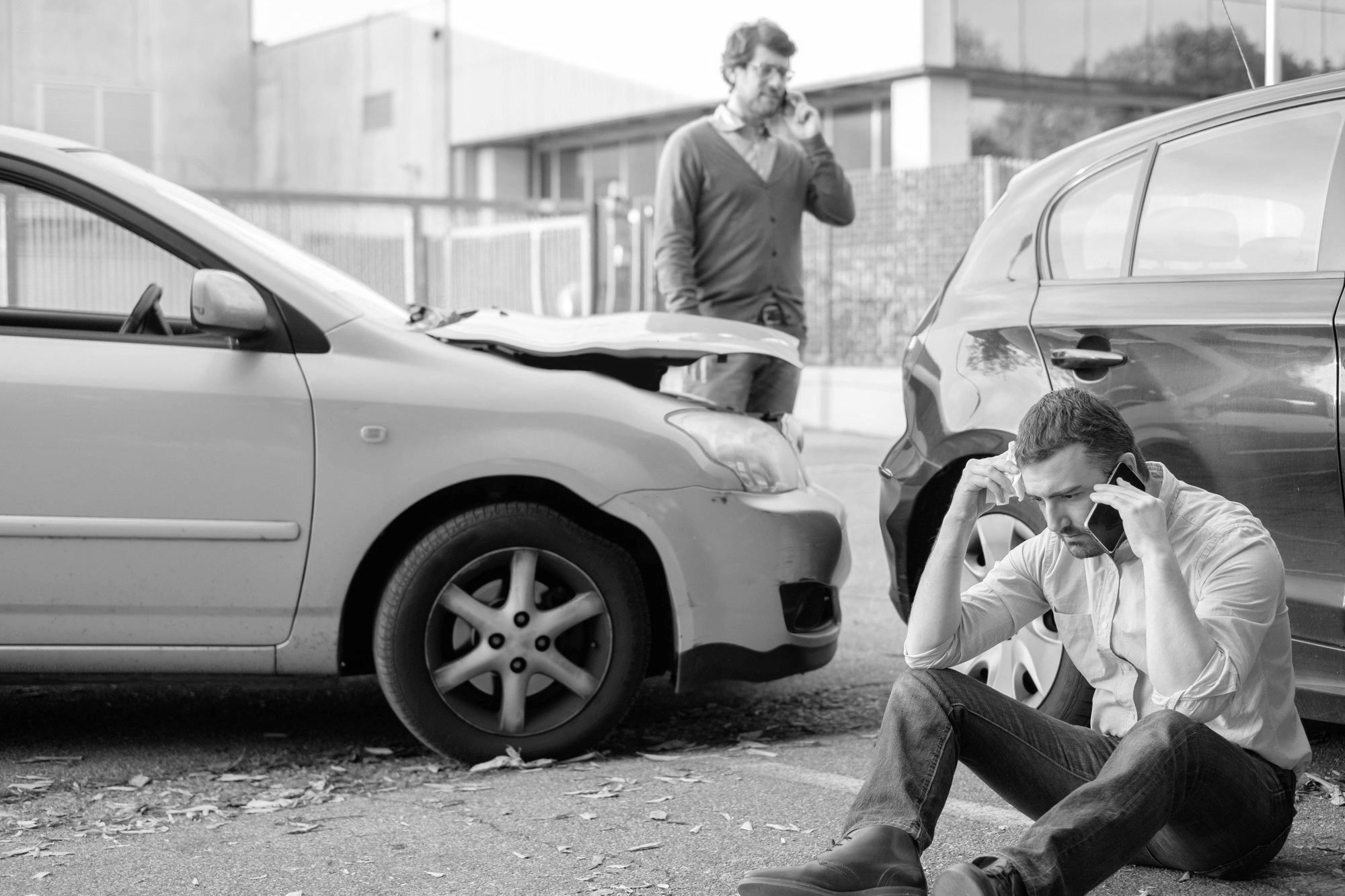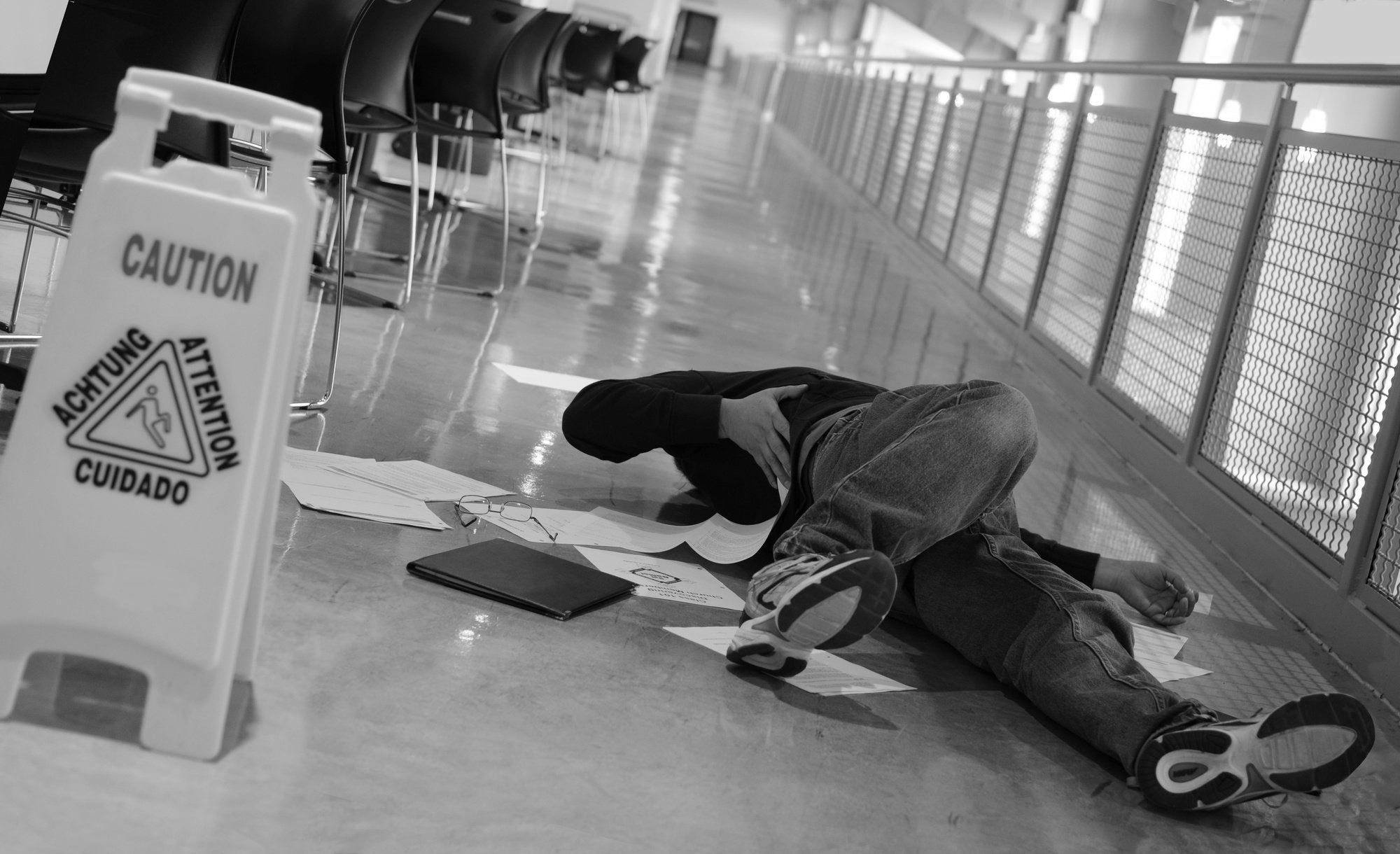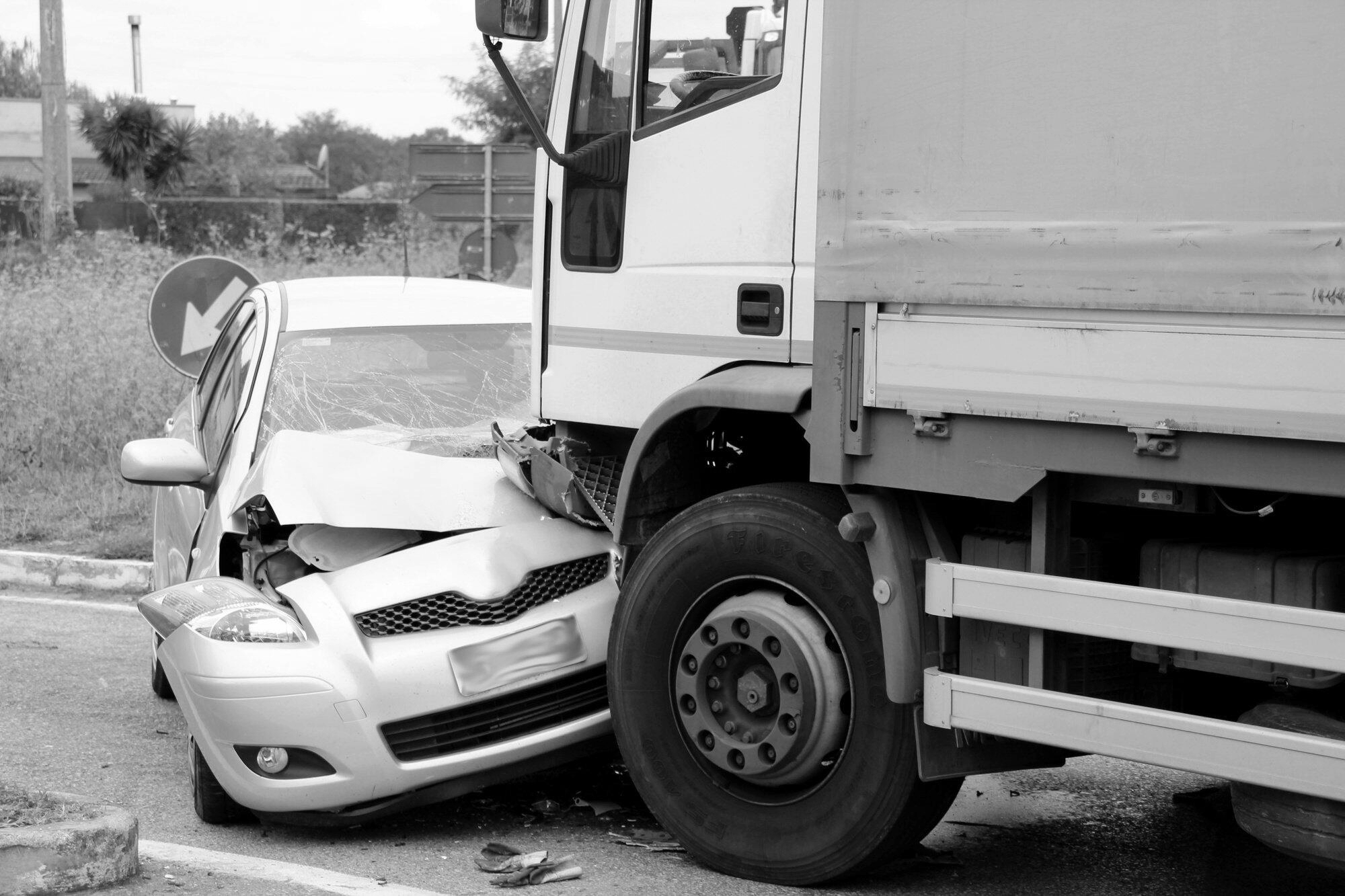We're Drunk Driver Accident Lawyers.
- Home >
- Drunk Driver Accidents
Your Legal Options When Hit by a Drunk Driver
Being involved in an accident with a drunk driver can be a traumatic and life-altering experience. Besides the immediate physical and emotional impact, there are also significant legal implications to consider. Understanding your legal options is crucial to ensuring you receive the compensation and justice you deserve. This guide provides a comprehensive overview of the steps you can take and the legal avenues available to you.
Immediate Steps to Take After the Accident
The moments following a collision with a drunk driver are critical. Here are some steps you should take immediately after the accident:
- Ensure Safety: Check for injuries and move to a safe location if possible. Call 911 to report the accident and request medical assistance.
- Gather Information: Collect the other driver's information, including name, contact details, insurance information, and vehicle registration. Take photos of the accident scene, vehicle damages, and any visible injuries.
- Speak to Witnesses: Obtain contact information from any witnesses who can provide an account of the accident.
- Police Report: Ensure that a police report is filed. This document will be crucial in establishing the facts of the case.
- Seek Medical Attention: Even if you feel fine, some injuries may not be immediately apparent. A medical evaluation is essential for your health and will provide documentation of your injuries.
Understanding Your Legal Rights
After the immediate aftermath of the accident, you need to understand your legal rights and options:
1. Filing an Insurance Claim
Your first step is often to file a claim with your insurance company. Depending on your policy and the circumstances, you may also file a claim with the drunk driver's insurance company. It's important to provide all necessary documentation, including the police report, medical records, and any other evidence collected.
2. Pursuing a Personal Injury Lawsuit
If you have suffered significant injuries or damages, you should consider filing a personal injury lawsuit against the drunk driver. A successful lawsuit can provide compensation for:
- Medical Expenses: Including current and future medical bills related to the accident.
- Lost Wages: Compensation for time missed from work and potential future earnings if your ability to work is affected.
- Pain and Suffering: Compensation for physical pain and emotional distress caused by the accident.
- Property Damage: Reimbursement for damage to your vehicle and any other personal property.
3. Wrongful Death Claim
If a loved one was killed in an accident caused by a drunk driver, you might have the option to file a wrongful death claim. This type of lawsuit seeks to provide compensation for the deceased's family members for their loss. Potential damages include funeral expenses, loss of companionship, loss of financial support, and punitive damages.
4. Punitive Damages
In cases involving drunk driving, you may be entitled to punitive damages. These are awarded in addition to compensatory damages and are intended to punish the drunk driver for their reckless behavior and deter similar conduct in the future.
Hiring a Drunk Driver Accident Lawyer
Navigating the legal system can be complex, especially when dealing with the aftermath of a serious accident. Hiring an experienced personal injury attorney can significantly increase your chances of receiving fair compensation. An attorney can help you:
- Understand your rights and legal options.
- Gather and present evidence effectively.
- Negotiate with insurance companies and other parties involved.
- Represent you in court if necessary.
Additional Considerations
1. Statute of Limitations
It's important to be aware of the statute of limitations for filing a personal injury or wrongful death claim in your state. This is the time limit within which you must file your lawsuit. Missing this deadline can result in losing your right to seek compensation.
Check the statute of limitations in your state.
2. Dealing with Insurance Companies
Insurance companies may try to minimize the payout or deny your claim altogether. It's crucial to approach dealings with insurers carefully. Keep detailed records of all communications and consider having your attorney handle negotiations.
3. Victim Support Services
Being involved in an accident with a drunk driver can have lasting emotional and psychological effects. Consider seeking support from victim advocacy groups and counseling services. These organizations can provide valuable resources and emotional support during this difficult time.
Why Driving Intoxicated Increases the Risk of Accidents
Driving under the influence of alcohol or drugs significantly increases the risk of traffic accidents. Intoxicated driving impairs cognitive functions, reaction times, and decision-making abilities, making it a major cause of road fatalities and injuries worldwide. This article explores the various reasons why driving while intoxicated is so dangerous and provides statistical evidence and expert insights to highlight the importance of sober driving.
Impaired Cognitive Functions
Alcohol and drugs affect the brain's ability to function properly. When intoxicated, a driver’s cognitive abilities, such as judgment, concentration, and coordination, are significantly impaired. According to the National Institute on Alcohol Abuse and Alcoholism, alcohol interferes with the brain’s communication pathways, affecting how the brain processes information and makes decisions. This cognitive impairment can lead to poor judgment, such as misinterpreting traffic signals or underestimating the speed of other vehicles.
Delayed Reaction Times
One of the critical skills required for safe driving is the ability to react quickly to unexpected situations. Intoxication slows down the central nervous system, resulting in delayed reaction times. This delay can be fatal in situations that require immediate responses, such as sudden stops or avoiding obstacles. The Centers for Disease Control and Prevention (CDC) notes that even a small amount of alcohol can decrease reaction times and impair a driver’s ability to operate a vehicle safely.
Loss of Coordination
Coordination is essential for tasks such as steering, braking, and accelerating. Alcohol and drugs affect motor skills, leading to a loss of coordination. This impairment can make it difficult to stay in the correct lane, maintain a consistent speed, or perform other crucial driving tasks. The National Highway Traffic Safety Administration (NHTSA) reports that impaired coordination is a common factor in many alcohol-related accidents.
Reduced Vision and Perception
Intoxication affects vision and perception, both of which are vital for safe driving. Alcohol can cause blurred vision, double vision, and difficulty focusing, while drugs can alter depth perception and the ability to judge distances. These visual impairments can make it challenging to read road signs, detect hazards, and respond to changes in traffic conditions. Research by the American Automobile Association (AAA) indicates that alcohol-related visual impairment is a significant contributor to nighttime driving accidents.
Overconfidence and Risky Behavior
Alcohol and drugs often lead to overconfidence and an increased propensity for risky behavior. Intoxicated drivers may believe they are capable of performing complex driving maneuvers, such as speeding or weaving through traffic, without realizing their impaired state. This false sense of confidence can result in dangerous driving practices that increase the likelihood of accidents. The World Health Organization (WHO) highlights that risk-taking behavior is more prevalent among intoxicated drivers, leading to a higher incidence of crashes.
Statistics on Intoxicated Driving
The statistics on intoxicated driving are alarming. According to the NHTSA, approximately 28 people die every day in the United States due to alcohol-impaired driving crashes. In 2019, alcohol-impaired driving accounted for 29% of all traffic fatalities in the U.S. Additionally, the CDC reports that drugs other than alcohol (legal and illegal) are involved in about 16% of motor vehicle crashes.
These statistics underscore the critical need for effective measures to prevent intoxicated driving, including stricter enforcement of drunk driving laws, public education campaigns, and the use of technologies such as ignition interlocks for convicted drunk drivers.
Legal and Social Consequences for Drunk Drivers
Driving under the influence not only increases the risk of accidents but also has severe legal and social consequences. Individuals caught driving while intoxicated can face substantial fines, license suspension, and even imprisonment. Beyond legal repercussions, intoxicated drivers may also suffer from damaged reputations, increased insurance premiums, and the emotional burden of causing harm to others.
The legal consequences serve as a deterrent, but social consequences, such as the loss of trust and respect from family, friends, and colleagues, can have long-lasting impacts on an individual's life.
DUI-Related Judgments Are Non-Dischargeable Debts
Under U.S. bankruptcy law, specifically 11 U.S.C. § 523(a)(9), debts for "death or personal injury caused by the debtor’s operation of a motor vehicle, vessel, or aircraft if such operation was unlawful because the debtor was intoxicated from using alcohol, a drug, or another substance" are non-dischargeable. This provision was established to ensure that individuals cannot escape the financial consequences of causing harm while driving under the influence.
Legal Rationale
The legal rationale behind this non-dischargeability is rooted in the principle of accountability. DUI-related accidents often result in severe consequences, including serious injuries or fatalities. The law holds individuals accountable for these actions by preventing them from discharging the associated financial liabilities through bankruptcy.
Public Policy Considerations
Public policy considerations also play a significant role in this exception. Allowing DUI-related judgments to be discharged in bankruptcy could potentially undermine the deterrent effect of DUI laws. The threat of financial liability serves as a critical deterrent against driving under the influence. Ensuring that DUI-related judgments remain enforceable underscores the seriousness of these offenses and reinforces societal norms against impaired driving.
Types of DUI-Related Debts That Are Non-Dischargeable
The types of DUI-related debts that cannot be discharged in bankruptcy include:
- Judgments for Personal Injury: Compensation awarded to victims for injuries caused by a DUI accident.
- Judgments for Wrongful Death: Compensation awarded to the families of individuals who were killed in a DUI accident.
- Fines and Penalties: Criminal fines and penalties imposed as a result of a DUI conviction.
Case Law Examples
Several court cases illustrate the application of 11 U.S.C. § 523(a)(9). For instance:
- Kelly v. Robinson (1986): The U.S. Supreme Court held that restitution payments ordered in criminal cases, including DUI cases, are non-dischargeable.
- In re Troff (2006): The Tenth Circuit Court of Appeals affirmed that a debt resulting from a DUI accident was non-dischargeable under § 523(a)(9), emphasizing the statute's intent to protect victims of drunk driving.
Conclusion
Being hit by a drunk driver is a harrowing experience, but knowing your legal options can empower you to take the necessary steps towards recovery and justice. From filing insurance claims to pursuing legal action, to recovering judgments, there are multiple avenues to explore. Consulting with a drunk driver accident lawyer can help you navigate this challenging process and ensure that your rights are protected.
Meet our Drunk Driver Accident Lawyers.










